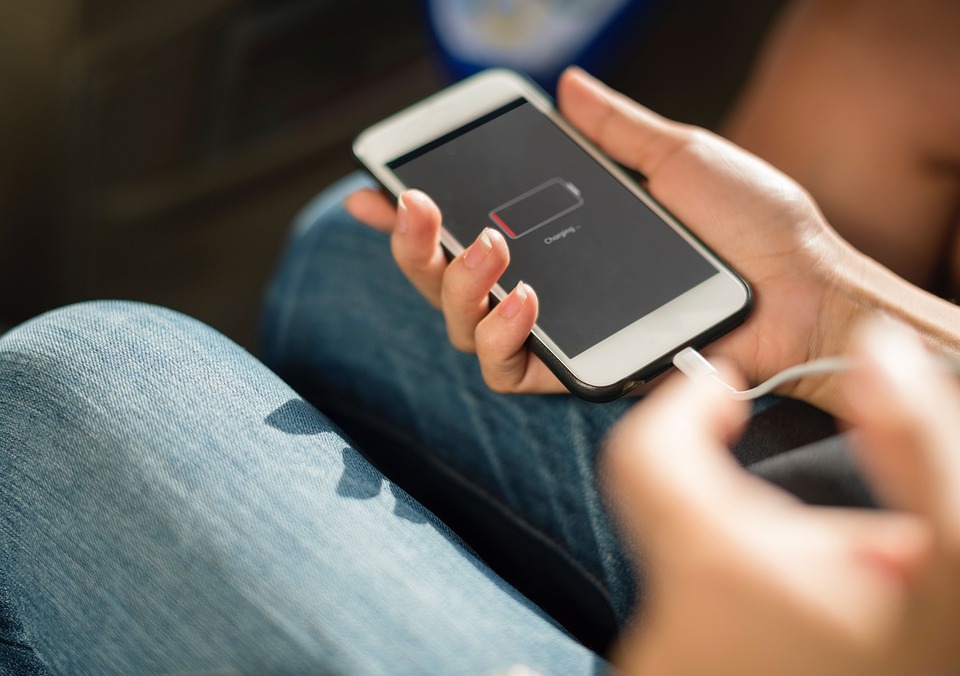Global warming is a real and urgent problem. We don’t have to wait for the government to develop a solution. Each of us can make a decisive contribution to this problem by practicing a responsible lifestyle in small, everyday ways. This is the only sensible way to save the planet before it is too late.
Most of these ideas cost nothing; others require a little effort and investment but can save you a lot of money in the medium to long term (and not just thanks to eco-friendly incentives).
Replacing Incandescent Bulbs With Compact Fluorescent Bulbs
Compact fluorescent bulbs consume 60% less energy than conventional incandescent bulbs. Replacing traditional light bulbs with energy-saving bulbs would result in 136 kg of CO2 being released into the atmosphere annually. Furthermore, some companies distribute energy-saving light bulbs free of charge due to government incentives.
Raise the Thermostat by 2 Degrees in the Summer and Lower It by 2 Degrees in the Winter
Almost half of the energy we use in our homes is used for heating and cooling. We can reduce nearly one ton of CO2 per year with this little effort.
Don’t Leave Electrical Appliances on Standby
Use the off button on electrical appliances; a TV that is turned on for 3 hours a day (the average time a European spends in front of the TV) and left in standby mode for the remaining 21 hours consumes about 40% of its energy in standby mode.
Unplug Chargers
The electrical transformers in many devices, such as modems and cell phone chargers, remain on and provide power even when the device is turned off or unplugged. Each of these transformers consumes 1-5 watts, so if there are 12 transformers in a house, simply unplugging them when not needed will save 40 euros a year in electricity costs.

Wrap an Insulating Cloth Around the Boiler
This one step can save half a ton of CO2; setting the temperature below 50 degrees Celsius can save an additional 250 kg of CO2 per year.
Double-glazed Windows
This requires a small initial investment, but it will pay for itself in the long run as the house will be warmer with the same energy. Consider that you can save up to 70% energy.
Defrost Old Refrigerators and Freezers Regularly
Defrosted refrigerators and freezers are more energy efficient. If you can replace them, even better. Newer refrigerators have an automatic defrost cycle and are about twice as efficient as earlier models.
Cover Pots and Pans When Cooking
By doing so, the food will reach the required temperature faster, saving energy in meal preparation. Pressure cookers are even more efficient and can save up to 70%.

Use Appliances During Non-peak Hours
Electricity bills are lower on holidays and during the evening and night because demand is lower. Electricity is a commodity that must be produced and consumed, so when consumption is high, prices will rise. Many power plants are needed to absorb the peaks, but the better the demand is distributed over time, the fewer power plants will be needed.
Take a Shower Instead of a Bath
The amount of water needed for a shower is about a quarter of that needed for a bath, and it also requires energy to heat the water. By installing an energy-saving shower diffuser, you can save energy and precious water.
Recycling of Organic Wastes
About 3% of greenhouse gas emissions come from the decomposition of biodegradable waste. Recycling organic materials (or composting if you have a garden) can help alleviate this problem. Composting will release methane and foul odors, be sure to compost correctly with enough oxygen.

Do you have any other tips to share? Let us know in the comments below!
